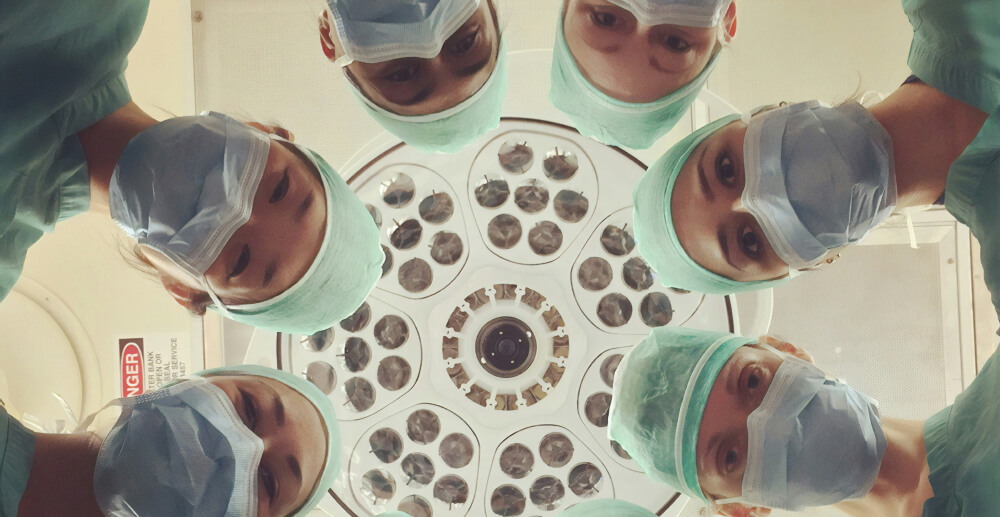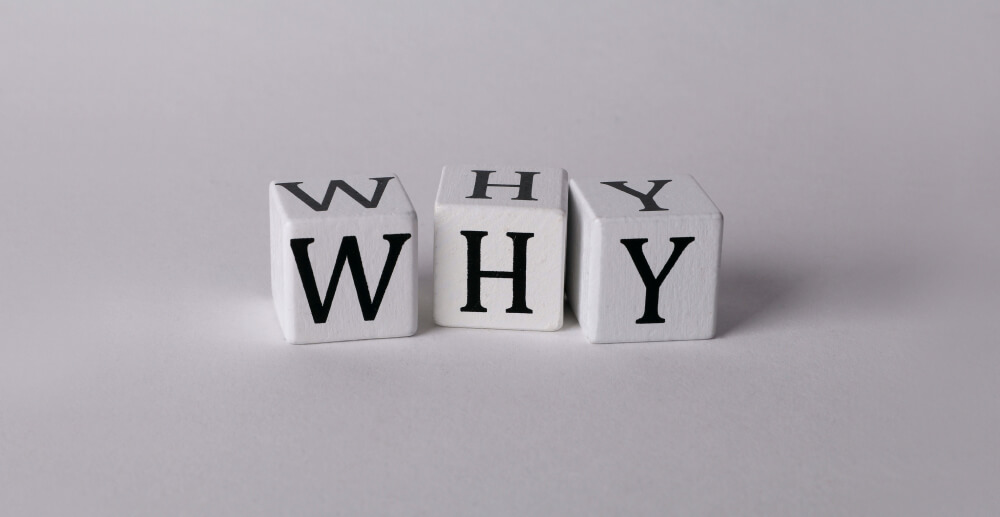HBO’s new series Euphoria provides an eye opening look at the life of a young addict, and how she gets through the day to day challenges of being a teenager.
There’s a moment in the new HBO series Euphoria where Ru (in a knockout performance by former Disney star Zendaya) tries to buy drugs, only to be denied, that felt eerily familiar. Sure, the character is a teenager but this moment was one any person of any age who has struggled with addiction can feel in their bones. It’s a scene that will surely be submitted for Zendaya’s Emmy consideration and it should be. In it, Rue bangs on the door of her drug dealer and begs him to sell her drugs, only to be coldly denied. She yells, she begs, she bargains, she ultimately melts down. He doesn’t budge and ultimately she walks away. Struggling with sobriety since the first episode, the scene encapsulates the desperation Ru has. She just wants the pain of her life to go away. The day after it aired, friends texted and we all concurred that even though we are all in our thirties and forties and may not have ever had that exact scene, the feelings of bone crushing craving and utter despair were completely identifiable.
The show which premiered earlier this summer has been criticized by some for sensationalizing teen drug abuse, sex and violence. Perhaps rightfully as it’s a blasting, in-your-face soap opera that often verges on silly. Yet what Euphoria does completely nail is the complex and heartbreaking world of addiction. We meet Ru in the first episode after a stint in rehab. This is a girl who doesn’t look like she has much interest in staying sober, despite nearly dying from an overdose. Her relapses, her lying to her parents, the complex storytelling to get what she wants- again all eerily familiar. See, although my teen years were in the 80’s and early 90’s, sometimes looking at Ru is like looking at a mirror.
Great writing and again that performance helps successfully build Ru as a girl who feels broken and out of place and looking for a way out. Growing up a gay teenager in Golden, Colorado, I too often felt like an alien. Bullied, misunderstood and ignored, I wanted connection and to feel like I could float away from a life that was sometimes too painful to endure. Finding drugs, cigarettes and alcohol at the age of 14 was like finding a way out. Using instantly garnered me a slew of cool new friends while successfully taking the edge off of day-to-day living. But it was also immediately out of control. I got arrested at age 15 for stealing peppermint schnapps. Peppermint schnapps? Eww. I should have been arrested for that and they should have thrown away the key. What’s worse, I LIED to the police officers and gave them a fake address and phone number! This all laughably blew up in my face and is in no way on par with the complex blackmail and espionage the teens of Euphoria take part in but it’s the same flavor.
What terrifies people about this show and movies like Thirteen and Kids is that they force us to look at the truth: American kids are addicted, in trouble and dying. Left to their own devices and often times raising themselves, lots of teens fall into all sorts of crazy situations. As a former teen who used to do acid at the mall just for something to do, I can attest to this. But it isn’t all fun and games. Study after study links early drug use to substance use disorders, drug overdose and death. Getting sober in Los Angeles at age 36, I was blown away by the amount of 18, 19, 20 year olds in recovery. These kids all had multiple overdoses and near death experience due to drugs and alcohol. They were done by at 19. If I am totally honest with myself, I should have been done at that age too but remarkably went on almost two more decades. Much like the character Ru, these kids had been hit fast and hard by addiction at an early age and were now just trying to stay alive and stay sober. Another fantastic moment in the show finds Ru at a party with her friend Lexi who reflects that it must be hard for Ru to miss out on all the teen things like drinking and using drugs now that she’s sober. Ru quips that she’ll have to miss out on all of the adult things too. Again, that’s a sentiment anybody of any age in early recovery can relate to.
I don’t understand people who say weird stuff like “I loved high school!” What was that like to feel not suicidal, high or depressed for the majority of your high school life? How weird to have felt like you belonged or that you didn’t need to get wasted just to do things like go to class or take a final. I think that’s why shows like Euphoria speak to me. I truly understand these kids who feel lost and doomed, even though we are from totally different generations. A tiny part of teenage Sean still feels that way and still longs to be approved of and to belong. As a sober adult, I get to tell that kid that he is loved and now that he is okay. The natural isolation of high school mixed with the hurricane of addiction is a story that needs to be told and Euphoria does a fantastic job. But more than that, all of the stories of addiction and recovery need told too. Euphoria stands out on another level because it’s a person of color in recovery from addiction. That’s something that happens all of the time and around the world but if we were to believe television and films, only white people get sober and stay sober. But mainly, these stories need to keep being told and retold so that people who have what I have can turn on their television and think, “I’m not alone.”




